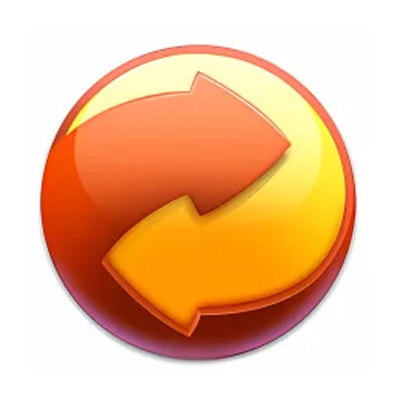Converting MPG to MOV can be necessary for a variety of reasons. MPG (MPEG) files are widely used for storing video content, especially those downloaded from the internet or recorded from television broadcasts. However, MPG files are not compatible with some software applications or devices, particularly those designed for Apple's QuickTime technology. MOV files, on the other hand, are specifically designed for QuickTime and are widely supported by most media players and devices. By converting MPG to MOV, you can ensure that your videos are accessible and playable on a wider range of platforms, including iPhones, iPads, and Mac computers.













MPG files are a popular type of video file format commonly used for storing and transmitting movies and other video content. They were developed by the Moving Picture Experts Group (hence the name MPG), a working group of experts that sets standards for audio and video compression. MPG files use a lossy compression technique to reduce the size of the video data without significantly degrading the image quality. They can contain both video and audio streams and are compatible with a wide range of media players and video editing software. MPG files are often used for streaming videos online and are widely supported on various platforms and devices, making them a widely accepted and versatile format for storing and sharing video content.
MOV files are a popular file format used for storing video files. They were developed by Apple and are commonly used for multimedia purposes, such as saving movies, TV shows, and video clips. MOV files are known for their high-quality and efficient compression algorithms, which allow for the storage of large video files without sacrificing the overall video quality. The format supports a wide range of video codecs and can also contain audio and text tracks, making it a versatile choice for video editing and playback purposes. MOV files are compatible with both Mac and Windows operating systems and can be easily played using media players such as QuickTime, VLC, and Windows Media Player.